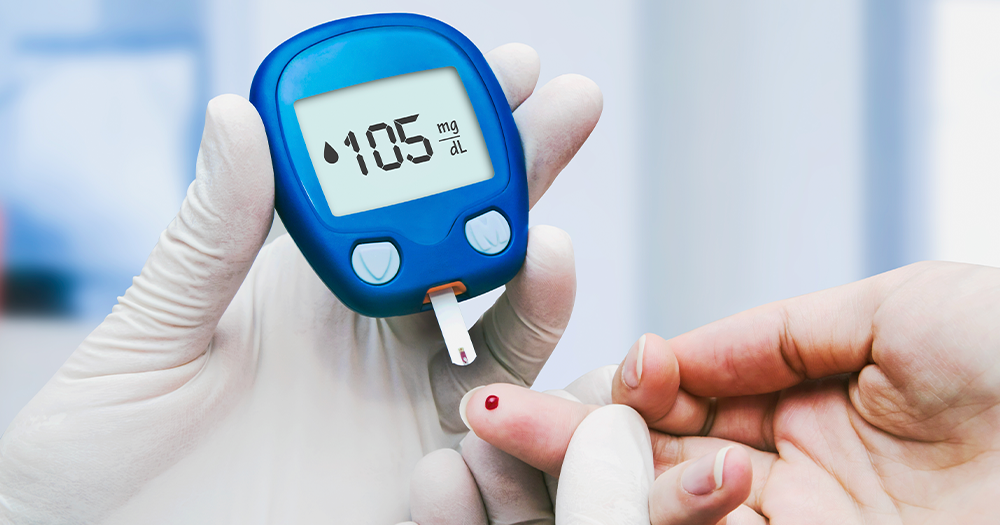The Role of Health Screening Clinics in Disease Prevention
In an era where proactive healthcare is gaining momentum, health screening clinics play a vital role in disease prevention. These specialized facilities provide essential services that help individuals identify potential health risks before they develop into serious medical conditions.
By offering a wide range of screenings, health education, and follow-up care, these clinics contribute significantly to the overall health of communities. This article explores the critical functions of health screening clinics in disease prevention and their impact on public health.
Understanding Health Screening Clinics
Health screening clinics are dedicated facilities designed to conduct various tests and evaluations that assess an individual’s health status. Unlike traditional healthcare settings, which often focus on treating existing conditions, health screening clinics prioritize early detection and prevention.
These clinics offer a range of services, including routine blood tests, cancer screenings, immunizations, and health assessments. Their objective is to provide individuals with the information they need to make informed health decisions and to facilitate early intervention when necessary.
The Importance of Early Detection
One of the primary functions of health screening clinics is to promote early detection of diseases. Many chronic conditions, such as diabetes, hypertension, and certain cancers, may not present symptoms until they reach an advanced stage. Regular screenings can identify risk factors and health issues before they escalate, allowing for timely intervention.
For instance, a simple blood test can reveal elevated blood sugar levels, indicating a risk for diabetes. Early detection can lead to lifestyle modifications or medical treatments that prevent the disease from developing further. By prioritizing early detection, health screening clinics empower individuals to take control of their health.
Comprehensive Health Assessments
Health screening clinics typically provide comprehensive health assessments that evaluate multiple aspects of an individual’s well-being. These assessments may include:
- Physical Examinations: Routine physical exams can uncover potential health issues that may not be apparent to the individual.
- Blood Tests: These tests can evaluate cholesterol levels, liver function, kidney function, and other critical health indicators.
- Imaging Tests: Depending on individual risk factors, clinics may offer X-rays or ultrasounds to assess specific health concerns.
By offering a thorough evaluation of an individual’s health, health screening clinics can provide valuable insights that inform future healthcare decisions.
Preventive Health Education
In addition to conducting screenings, health screening clinics play a crucial role in educating individuals about preventive health measures. Many clinics offer workshops, seminars, and one-on-one consultations to inform patients about the importance of healthy lifestyle choices.
Education topics may include nutrition, exercise, smoking cessation, and stress management. By providing this information, health screening clinics empower individuals to make informed decisions that can enhance their overall health and well-being.
Facilitating Access to Care
Health screening clinics often serve as a gateway to further healthcare services. For individuals who may be hesitant to seek medical attention, these clinics provide a low-pressure environment where they can receive essential screenings and health assessments.
When potential health issues are identified, health screening clinics can facilitate referrals to specialists or primary care providers for follow-up care. This seamless transition ensures that individuals receive the necessary treatment and support to address any health concerns.
Bridging the Gap in Healthcare Access
In many communities, health screening clinics help bridge gaps in healthcare access, particularly for underserved populations. These clinics often offer affordable or sliding-scale fees, making essential health services accessible to individuals who may lack insurance or financial resources.
By providing low-cost screenings and health assessments, health screening clinics promote health equity and ensure that more individuals have access to preventive care. This is particularly important in addressing health disparities that disproportionately affect marginalized communities.
The Impact on Public Health
The role of health screening clinics extends beyond individual patient care; they contribute significantly to public health initiatives. By collecting and analyzing health data from screenings, these clinics can identify trends and patterns in community health.
This information can be invaluable for public health officials in developing targeted interventions and health promotion campaigns. For example, if screenings reveal a high prevalence of hypertension in a particular area, local health departments can implement programs focused on blood pressure management and education.
Encouraging a Culture of Preventive Care
Health screening clinics also play a pivotal role in fostering a culture of preventive care. As more individuals engage in regular screenings, awareness of the importance of health maintenance grows within communities. This cultural shift encourages people to prioritize their health and seek preventive services regularly.
By normalizing the conversation around health screenings and disease prevention, these clinics contribute to a healthier society overall.
Conclusion
Health screening clinics are essential components of modern healthcare systems, particularly in the realm of disease prevention. By focusing on early detection, comprehensive health assessments, and preventive health education, these clinics empower individuals to take charge of their health.
Moreover, their ability to facilitate access to care and contribute to public health initiatives enhances their impact on communities. As we continue to navigate the complexities of health and wellness, the role of health screening clinics in promoting disease prevention will remain vital.


